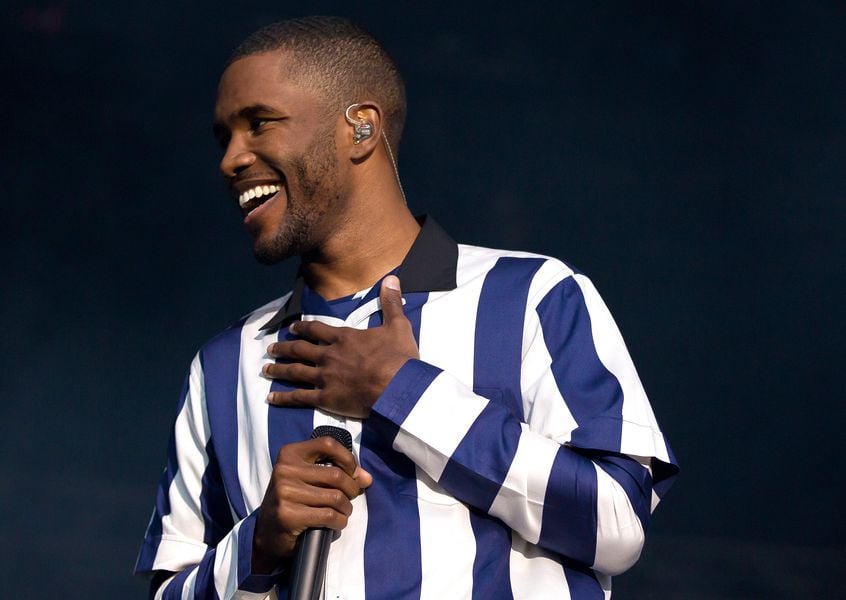Frank Ocean changed the music industry in 2016 with Blond and proved the major labels are no longer the gatekeepers of the business like they once were. While undoubtedly, on the whole, major labels are still in control, it’s no longer the be-all or end-all for artists to be signed. Social media has allowed artists to have a direct conversation with their audience, and there’s no longer a reliance on labels like there used to be decades before.
His debut mixtape, Nostalgia, Ultra was released independently in 2011, and this unrestrained approach to artistry has always suited him to a tee. Following the success of that project, Ocean signed a two-album deal with Def Jam, and his debut record, Channel Orange, arrived the following year. However, he soon grew discontent with life at Def Jam, and as far back as 2011, he was sharing his frustration with the label on social media. Ocean’s an artist who needs to be free and operate comfortably on his own terms.
For his second album, Ocean decided that he wasn’t going to release the album through Def Jam and had to come up with a genius plan to get out of his recording contract.
Instead, he negotiated a deal with Apple Music for a visual album called Endless, which fulfilled his contract with Def Jam. However, it was nothing more than an elaborate advert for his actual second record, Blonde, which arrived the following day independently.
It’s believed that Ocean bought his way out of his contract with Def Jam thanks to the advance that Apple Music paid for the exclusive streaming rights before it landed on any other service.
As an independent artist, his royalties were much higher than it was at Def Jam, and his decision to leave the label made him a richer man and one who was also in charge of his destiny.
Tricky Stewart, who signed Frank Ocean to Def Jam, later admitted that the label should have treated him better, and their behaviour drove him away. “It was probably, in hindsight, a huge mistake on my part,” Stewart told The Fader. “The label wasn’t motivated by the signing. They didn’t give him the respect that I thought he deserved. I couldn’t really get Def Jam to respond to him the way the way that I wanted them to respond to him.”
Speaking to W Magazine, Ocean explained why you’re better off being an independent artist in the modern age. “But the medium—the CD, vinyl set, or whatever—has moved to an intangible, and there’s no 45-minute limit, 60-minute limit, or 120-minute limit. It’s just so elastic. And you don’t have a lot of people doing it that way, because in a lot of the contracts of today with the labels, there’s an expectation to turn in a set amount of albums.”
He continued: “That’s really an arbitrary limitation. That’s not state-of-the-art. I hear rappers talk about their business savvy and their independence in songs. And I think the more of that, the better. The idea of being able to have a decent life living off just a thousand fans who are invested in you and will purchase what you make is only possible with ownership of the business.”
Although in 2019, Ocean signed a new deal with Warner Chappell, it’s hard to imagine he’s blindly agreed to a contract that doesn’t give him full autonomy of his own career. After all, he’s already proved what’ll happen if you get on his wrong side.
